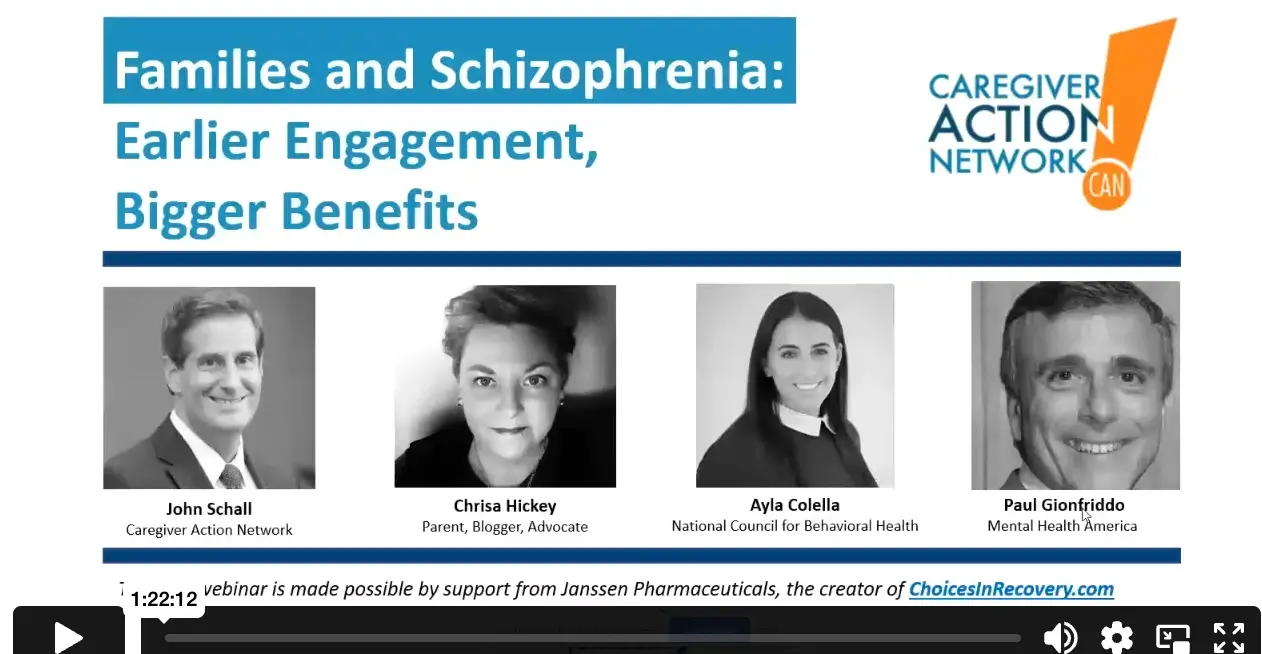HIPAA & Mental Health: Understanding Privacy Rights & Disclosure
HIPAA & Mental Health: Understanding Privacy Rights & Disclosure

The Health Insurance Portability and Accountability Act (HIPAA) plays a vital role in safeguarding the privacy of individuals receiving mental health care. Protecting sensitive health information is crucial for ensuring trust between patients and healthcare providers. For those receiving mental health treatment, confidentiality can greatly impact their willingness to seek and maintain care. This guide will explain the importance of HIPAA in mental health care, including how patient rights are protected, when disclosures can be made, and what it means for caregivers.
HIPAA Basics
HIPAA is a federal law enacted to ensure the protection of personal health information while also promoting the use of electronic health records to improve efficiency in healthcare. One of the key components of HIPAA is the Privacy Rule, which regulates how healthcare providers, insurance companies, and other covered entities handle and share health information. For individuals dealing with mental health issues, HIPAA plays an essential role in providing a sense of security that their health records are being treated with the utmost care and confidentiality.
HIPAA & Mental Health
HIPAA has specific provisions to protect the confidentiality of mental health information. The law recognizes that mental health treatment involves highly sensitive information, and therefore, mental health records are subject to strict confidentiality rules. This means that healthcare providers must be particularly cautious in how they handle information about psychiatric treatments, therapy notes, and medication. Only authorized individuals, such as healthcare professionals involved in the patient’s care, can access this information, ensuring privacy and confidentiality for mental health patients.
Additionally, there are limits to what information can be shared, even with family members. In most cases, providers need explicit patient consent to disclose mental health information, including diagnosis and treatment plans. This high level of privacy aims to protect patients from discrimination and stigma, allowing them to seek the care they need without fear of exposure.
Patient Rights Under HIPAA
Under HIPAA, patients have specific rights regarding their health information, including mental health records. These rights ensure that individuals are informed about how their information is used and give them control over their data. Some of the key rights under HIPAA for mental health patients include:
- Access to Records: Patients have the right to access their mental health records, including medical notes, treatment plans, and any other information recorded by their healthcare provider. The right to access allows patients to stay informed and engaged in their care.
- Requesting Corrections: If a patient identifies inaccuracies in their mental health records, they have the right to request amendments. This ensures that the medical records are up-to-date and reflect the patient’s health accurately.
- Right to Know How Information is Shared: Patients are entitled to a notice that describes how their health information is used and shared, and they can request a list of individuals or organizations that have accessed their records.
Disclosure of Mental Health Information
HIPAA allows healthcare providers to share mental health information in specific circumstances, even without patient consent. These exceptions are in place to protect patients and others from harm, ensuring that patient privacy does not hinder necessary care or safety. Key guidelines for sharing mental health information without patient consent include:
- Emergencies and Risk of Harm: If a healthcare provider believes that the patient poses an imminent risk to themselves or others, they can disclose relevant health information to prevent harm. This could include contacting family members or law enforcement.
- Incapacitation: If a patient is unable to make decisions for themselves, healthcare providers may share relevant information with family members or other responsible parties to ensure appropriate care.
- Coordination of Care: When necessary, providers may share limited information with caregivers or other individuals involved in a patient’s care, particularly if the patient has verbally agreed, is incapacitated, or in the provider’s judgment, it is in the patient’s best interest.
HIPAA’s provisions for mental health care help strike a balance between ensuring privacy for patients and allowing the appropriate use of information in specific situations, which is essential for quality healthcare and patient safety. Understanding the basics of HIPAA for mental health, patient rights, and information disclosure guidelines helps both patients and caregivers navigate their rights and responsibilities effectively. For more detailed information, you can refer to CAN’s Crisis Symptom Reporting Guide, CAN’s Rare Caregivers resources, and the Caregiver Help Desk.
What to Know About HIPAA & How to Discuss HIPAA with Your Loved One
Additional Resources for Supporting Loved Ones With Mental Health Challenges






